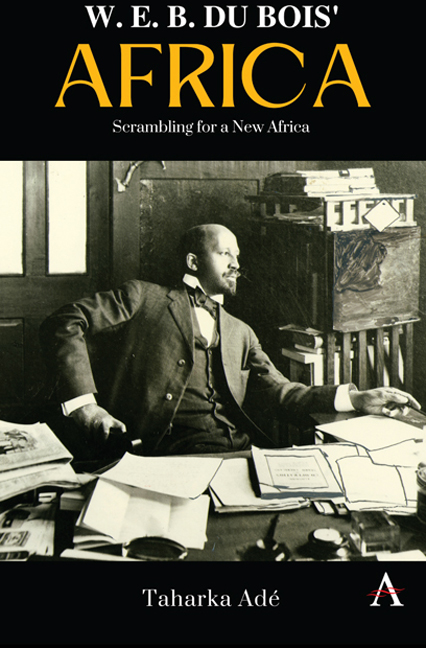1 - The Situation
Published online by Cambridge University Press: 28 February 2024
Summary
Africa is, of course, my fatherland. Yet neither my father nor my father's father ever saw Africa or knew its meaning or cared overmuch for it. My mother's folk were closer and yet their direct connection, in culture and race, became tenuous; still, my tie to Africa is strong.
—W. E. B. Du Bois
William Edward Burghardt Du Bois explains in his posthumously published autobiography that many non-African people in his day thought that all African Americans regarded Africa as their motherland. However, Du Bois makes it clear that they were mistaken. Due to the effects of enslavement and colonialism, many of the descendants of the millions of kidnapped Africans in the Americas had turned their backs on their heritage. “This was true in the 17th and early 18th centuries, when there actually were, in the United States, Negroes who either remembered Africa or inherited memories from their fathers or grandfathers,” explained Du Bois before continuing that “among Negroes of my generation there was not only little direct acquaintance or consciously inherited knowledge of Africa, but much distaste and recoil because of what the white world taught them about the Dark Continent.” Du Bois would also highlight a growing perception of identity among his generation. He explains that resentment arose whenever someone would suggest “that a group like ours, born and bred in the United States for centuries, should be regarded as Africans at all. They were, as most of them began gradually to assert, Americans.”
Du Bois would however conclude that African Americans, or Negros, as described in his day, are indeed African people. In 1945, he would leave Atlanta and return to New York to become the director of Special Research for the NAACP. He took the post to better concentrate his study toward the history of colonized people in general, and the history of African people specifically. The result of which produced the book, The World and Africa. Within the book, Du Bois begins by critiquing Europe as the “pattern of human culture” which has left the world in ruin. He then presents an historical account of African people which includes the classical examples of Kemet and Nubia, the history of Bantu migration, the Sudanic Empires, as well as histories of Western, West-Central and Southern African societies.
- Type
- Chapter
- Information
- W. E. B. Du Bois' AfricaScrambling for a New Africa, pp. 15 - 46Publisher: Anthem PressPrint publication year: 2023



